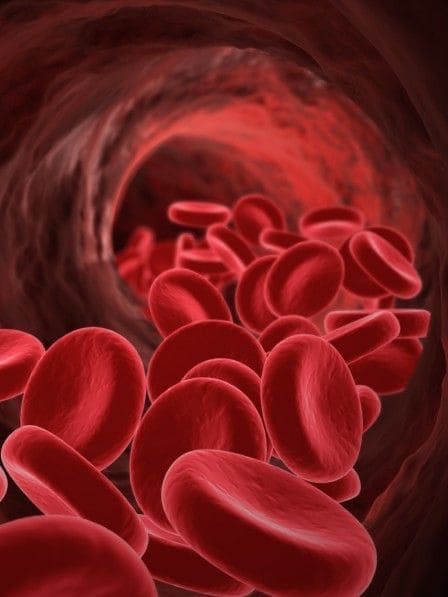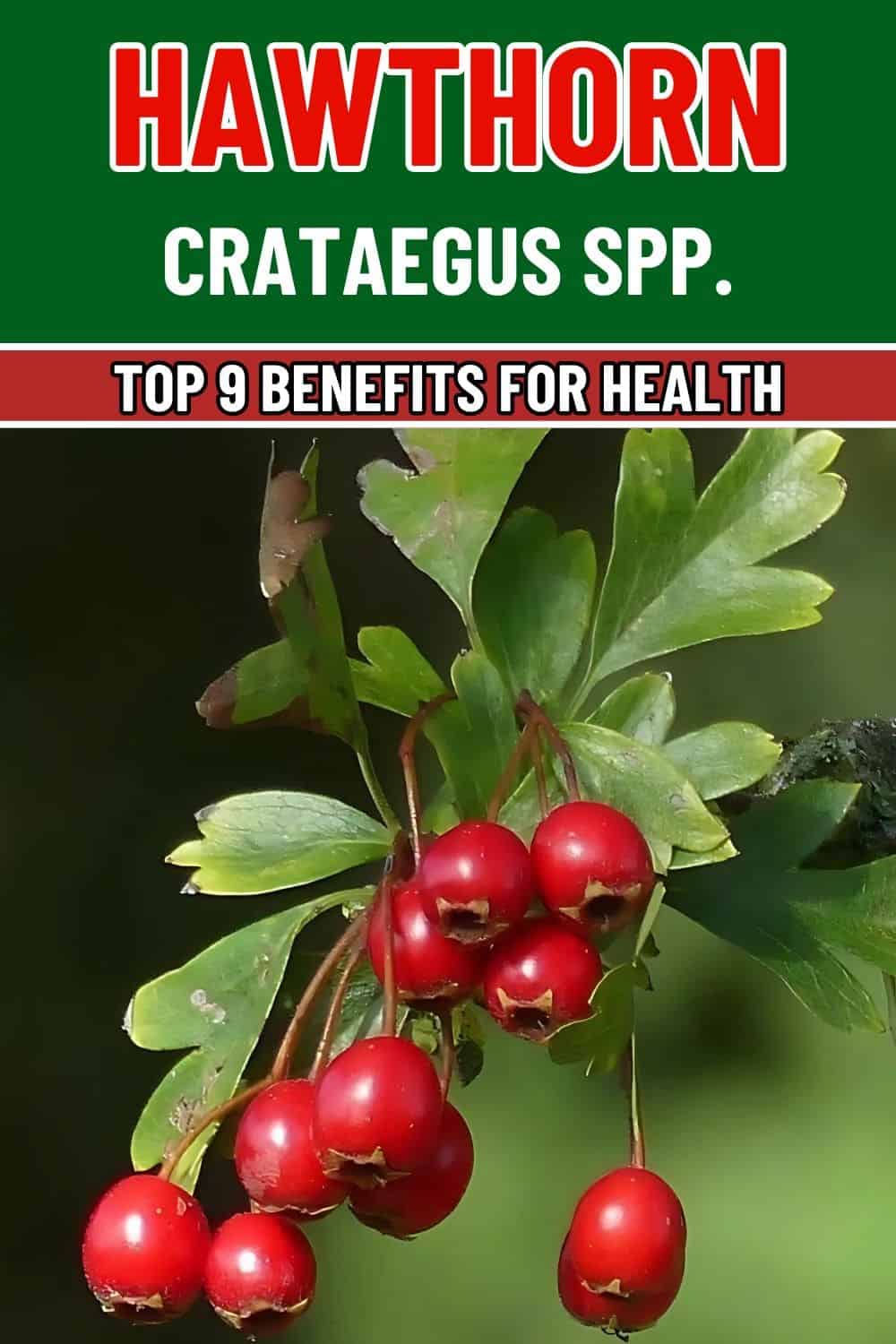Hawthorn (Crataegus spp.) is a shrub or small tree that has been used for centuries in traditional medicine, particularly in Europe, North America, and parts of Asia.
Known for its small, red berries and delicate white or pink flowers, hawthorn has earned a reputation as a heart health powerhouse.
But its benefits go beyond just supporting the cardiovascular system; it also helps with digestion, anxiety, and more.
#1. Heart Health Support
Hawthorn is best known for its cardiovascular benefits, particularly in improving heart function and treating conditions like high blood pressure, heart failure, and angina.
The active compounds in hawthorn, such as flavonoids, oligomeric proanthocyanidins, and tannins, help to improve blood flow, reduce cholesterol, and strengthen the heart muscle.
Studies have shown that hawthorn can help treat congestive heart failure (CHF) by improving circulation and reducing symptoms like shortness of breath and fatigue.

#2. Blood Pressure Regulation
Hawthorn may also help lower blood pressure. It has natural vasodilator properties, meaning it helps widen blood vessels, which allows for better blood flow.
By improving circulation and reducing the workload on the heart, hawthorn can be a helpful herb for people with high blood pressure.

#3. Antioxidant and Anti-inflammatory Properties
The flavonoids and polyphenols in hawthorn berries and leaves have potent antioxidant properties that protect cells from damage.
Moreover, hawthorn also has anti-inflammatory effects, which can help alleviate symptoms of inflammation-related conditions like arthritis.

#4. Digestive Health
Hawthorn helps stimulate digestion by promoting the secretion of digestive enzymes and bile, making it useful for addressing issues like indigestion, bloating, and stomach cramps.
For those dealing with poor digestion, hawthorn can help by promoting regular bowel movements. A study in the Journal of Medicinal Food also suggests that hawthorn may be beneficial in treating gastric ulcers.

#5. Anxiety and Stress Relief
The herb has mild anxiolytic (anti-anxiety) properties and has been traditionally used to help reduce symptoms of stress and anxiety.
Hawthorn is thought to work by influencing the balance of neurotransmitters in the brain, such as serotonin and dopamine, which regulate mood and emotions.

#6. Weight Management
Hawthorn is sometimes used in weight management programs because it helps with fat metabolism and fat breakdown.
While more research is needed in this area, hawthorn could be a beneficial addition to a weight management routine when combined with a balanced diet and regular physical activity.

#7. Cholesterol Reduction
Hawthorn may help lower LDL (bad) cholesterol while increasing HDL (good) cholesterol.
Also, this herb contains flavonoids that help improve lipid profiles, which makes it a useful herb for maintaining healthy cholesterol levels.

#8. Immune System Support
The berries, leaves, and flowers of hawthorn contain vitamins and minerals such as vitamin C, which help enhance immune function.
Regular consumption of hawthorn can help your body fend off infections and illnesses, particularly during cold and flu season.
#9. Skin Health and Healing
Hawthorn helps protect the skin from oxidative stress and environmental damage, reducing signs of aging such as fine lines and wrinkles.
The anti-inflammatory effects of hawthorn may also help reduce redness, irritation, and swelling associated with skin conditions like eczema and acne.

How to Use Hawthorn Safely
There are several ways you can incorporate hawthorn into your daily routine:
- Hawthorn tea: You can use dried hawthorn berries or leaves, steeped in hot water for 5-10 minutes. Drinking hawthorn tea regularly can help with heart health, digestive issues, and stress relief.
- Hawthorn capsules or extracts: You should follow the instructions on the label or consult with a healthcare provider.
- Hawthorn syrup: This can be found in health food stores or made at home using hawthorn berries, honey, and water.
Caution and Precautions
If using hawthorn in supplement form, the typical dosage is 300-600 mg of hawthorn extract, taken 2-3 times per day. You should start with a lower dose and gradually increase to assess tolerance.
Hawthorn can interact with certain medications, particularly those used for heart conditions, blood pressure, and blood thinners. If you are taking medication for heart disease, consult with your doctor.
Disclaimer
This article is for informational purposes only and should not be used as a substitute for professional medical advice, diagnosis, or treatment.
Always consult with your healthcare provider before starting any new remedy, especially if you are pregnant, breastfeeding, or taking medications.







